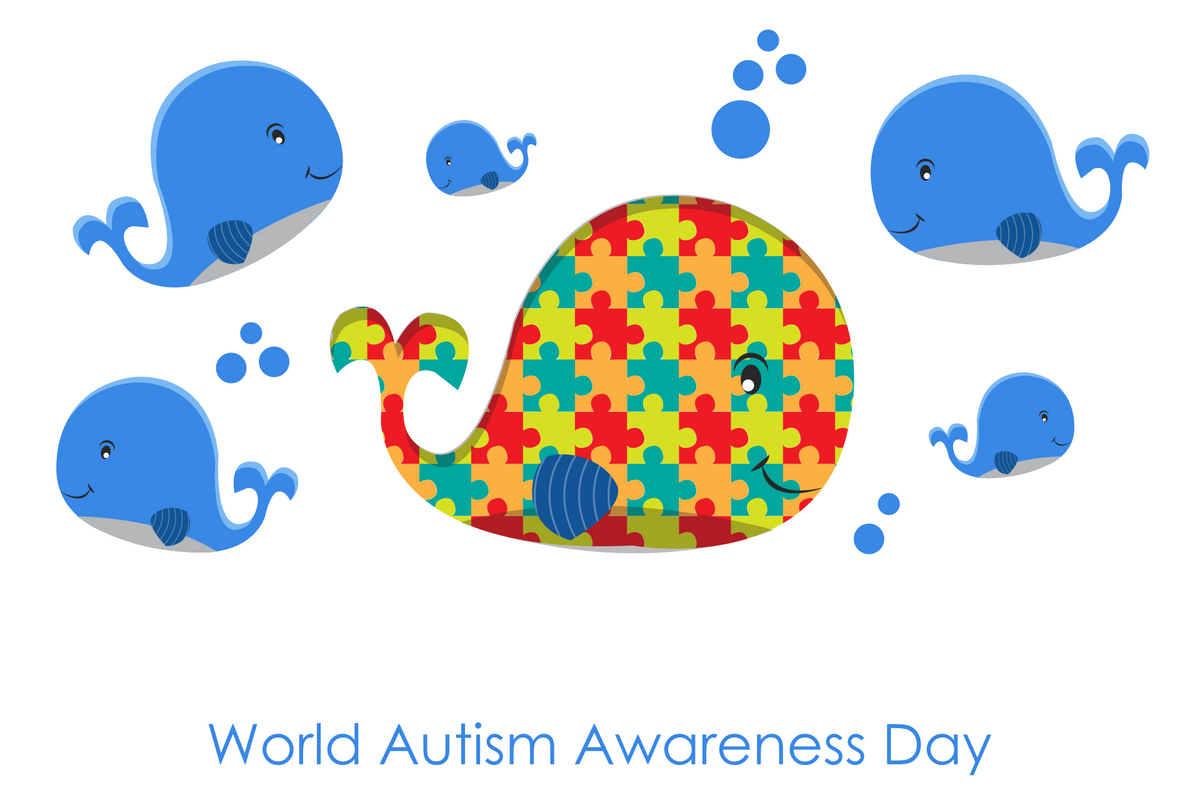No peanuts? No problem. How hungry kids with allergies have nothing to fear from this pantry.
People of all income levels deserve access to food that makes them well. That's where the ReNewed Health food pantry comes in.
The kitchen at the Neri household looks a little like an ad for The Container Store.
The family of seven has an impressive system of color-coded plates, shelves, and utensils.
But all that color coordination isn't just because the Neri family loves organization. It's because their lives depend on it.
15-year-old Nolan is allergic to nuts, corn, soy, wheat, and gluten; 10-year-old Adison is allergic to dairy; and 2-year-old Link is allergic to rice, apples, and some types of milk. With a range of potentially life-threatening allergies, mother Lisa Neri — who has her own egg, wheat, soy, corn, and dairy allergies — has to be sure that there's no cross-contamination.
Look at all that organized glory! Photo by Angie Six/Flickr.
Keeping things organized isn't the only challenge. It's been a struggle for the Neris to keep those color-coded shelves stocked with food.
As a working single mother, Lisa Neri relies on government programs like SNAP (also known as food stamps), WIC, and food pantries to help keep her family fed. But even with these supplements, she still struggles to feed a large family with a variety of dietary needs.
That's why she was so relieved when she finally found a new food pantry called ReNewed Health.
Not only does ReNewed Health provide food to families in need, but they also have tons of allergy-friendly food.
Which is a big help for this single mother.
GIF from "Happy Endings."
Access to allergy-friendly food was a game-changer for the Neris. And there was serious improvement in their lives.
Nolan's health improved, and he went from earning low Cs and getting in trouble with teachers, to earning As and Bs. He's even on track to graduate from high school early. With the improved diet, he no longer had stomach cramps that kept him up at night. He started getting better sleep and being able to focus.
Sorry. I just felt like I had to give him ALL THE AWARDS ... virtually. Cue: "We Are the Champions." Photo by pohjakroon/pixabay.
The Neris' story isn't unique. 4.1 million kids have food allergies, and that number is only growing.
More than 1 in 5 of those kids also struggles with food insecurity, which means they don't have regular access to the amount of food they need to live healthy, productive lives. A big part of that comes down to money, since allergy-friendly foods tend to be more expensive. At Walgreens, you can get a 12.4 oz can of regular powdered baby formula for about $16. But if you need hypoallergenic formula? You might have to cough up as much as $45 for 14 oz. Ridiculous, right?
That's why pantries like ReNewed Health are so important.
ReNewed Health, which opened in Overland Park, Kansas, in April, is the first of its kind in the country. But the cofounders are working hard to make sure it's not the last. Through its nonprofit organization Food Equality Initiative, they're working with other nonprofits, doctors, food pantries, and schools to educate families and lawmakers about food allergies, food insecurity, and how to effectively combat them.

ReNewed Health pantry co-founder Emily Brown knows the struggle of trying to feed children with allergies on a low income. Her young daughter is allergic to wheat, milk, eggs, soy, and tree nuts. That's why she's a part of the pantry's initiative. As she told Al Jazeera America,
"I'm determined to keep fighting for equality for everybody to have the right to safe, healthy food. The right to live a healthy life. The right to feel good and have all of the nutrition that they need to thrive in school, to do well in work."
The right to a healthy life? Now that's something I think we can all get behind.
Big thanks to ReNewed Health. Because everyone should have access to allergy-sensitive foods they need — regardless of income.
Here's to more meals that are healthy for everyone!
Bon appetit!



